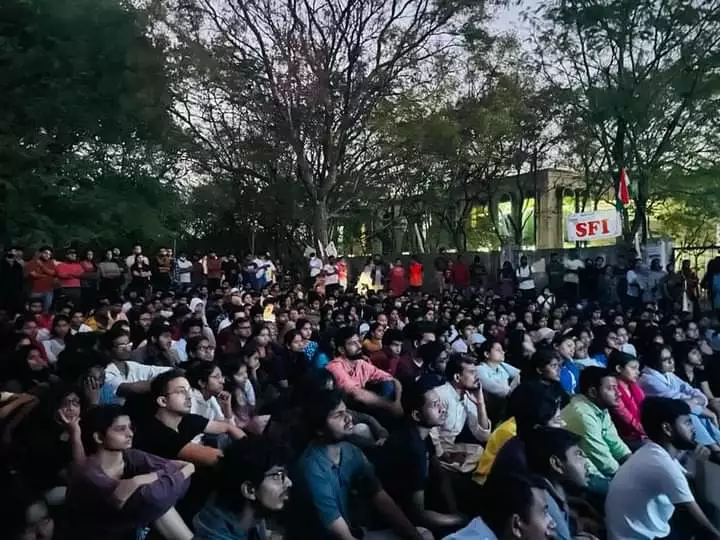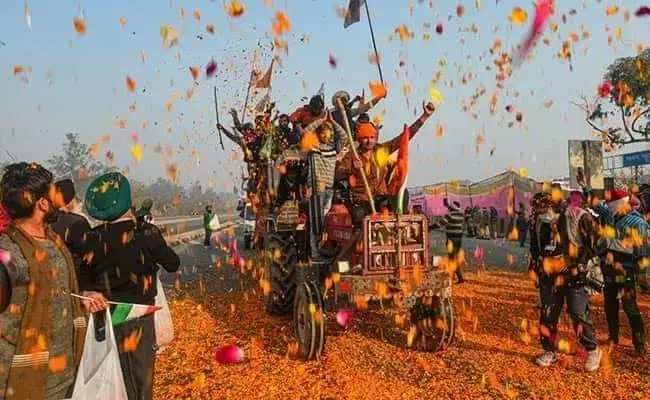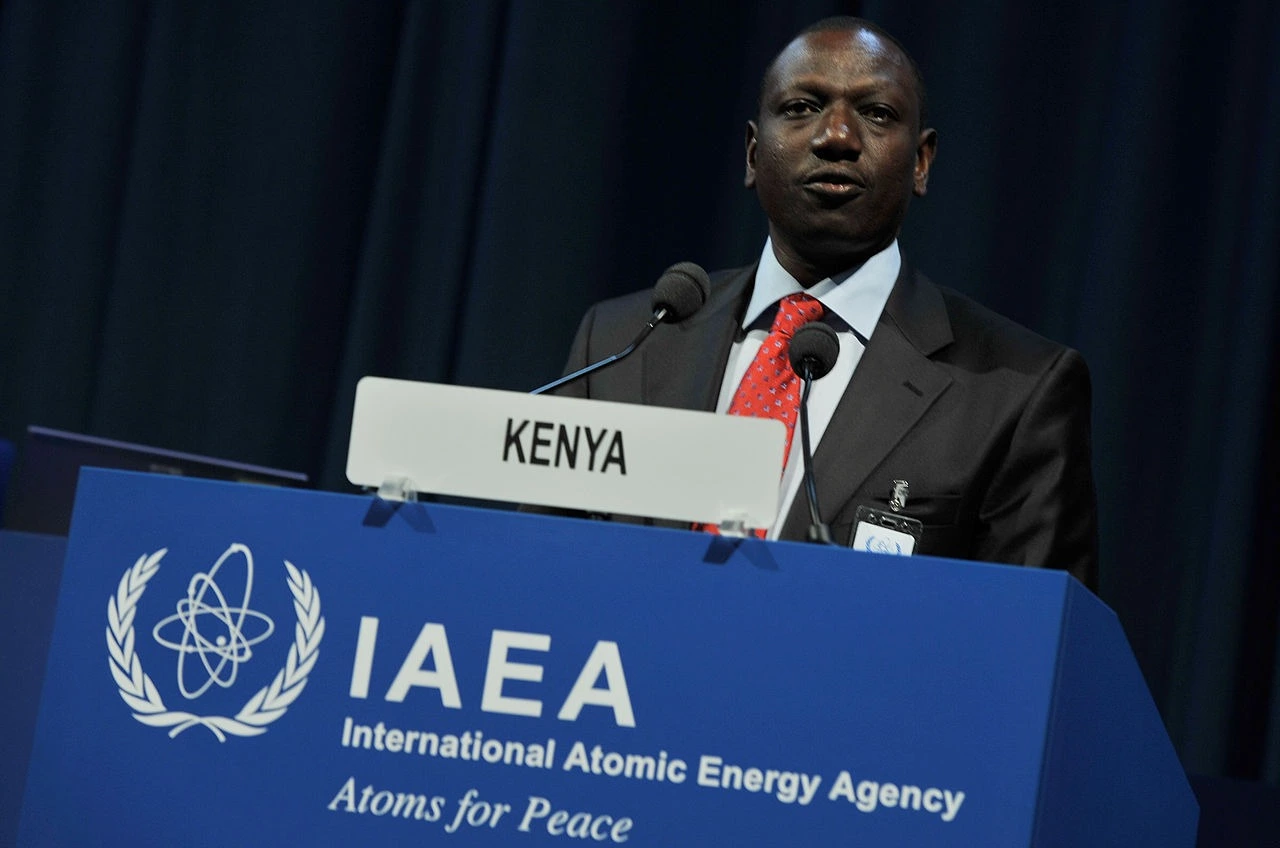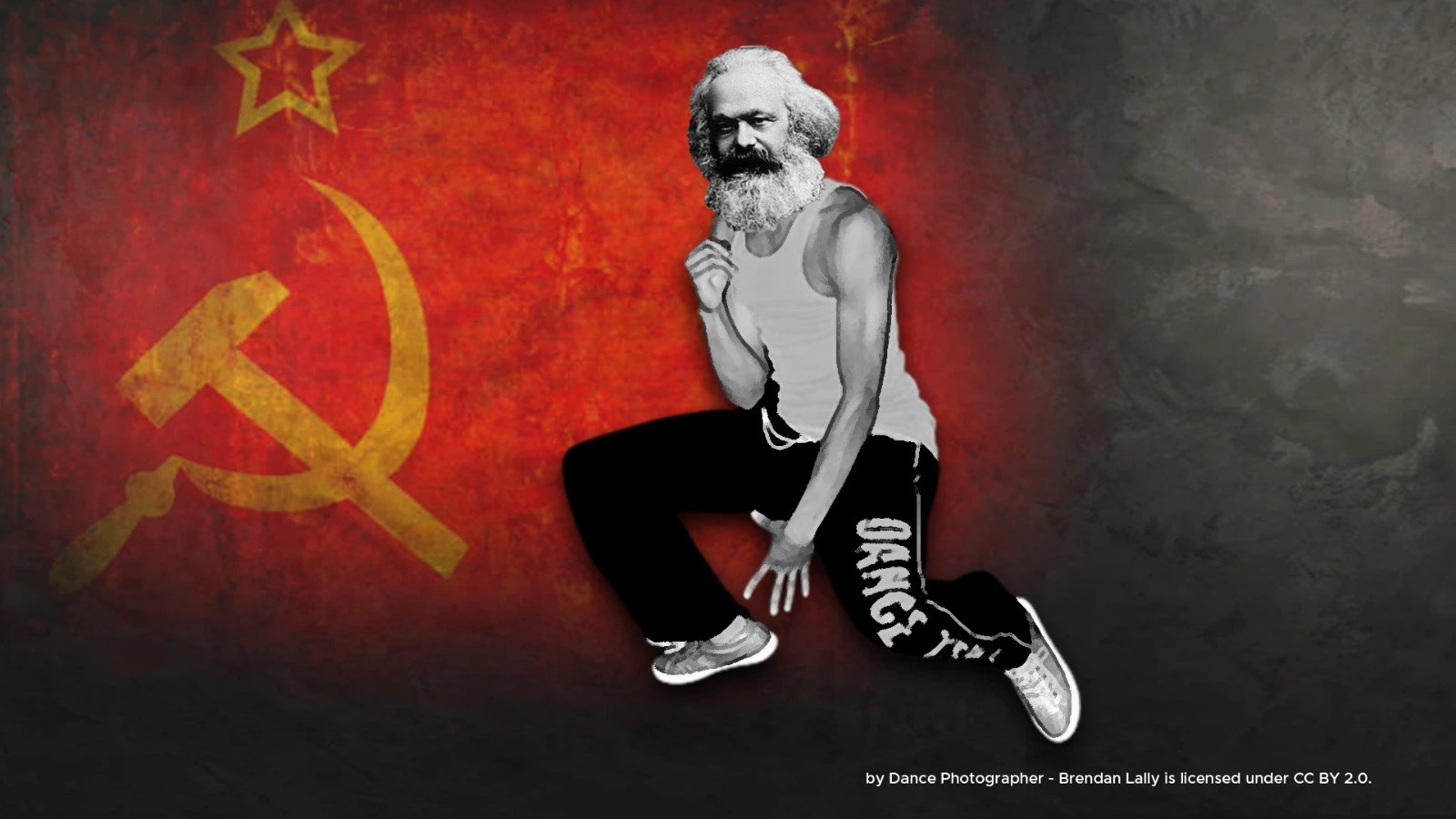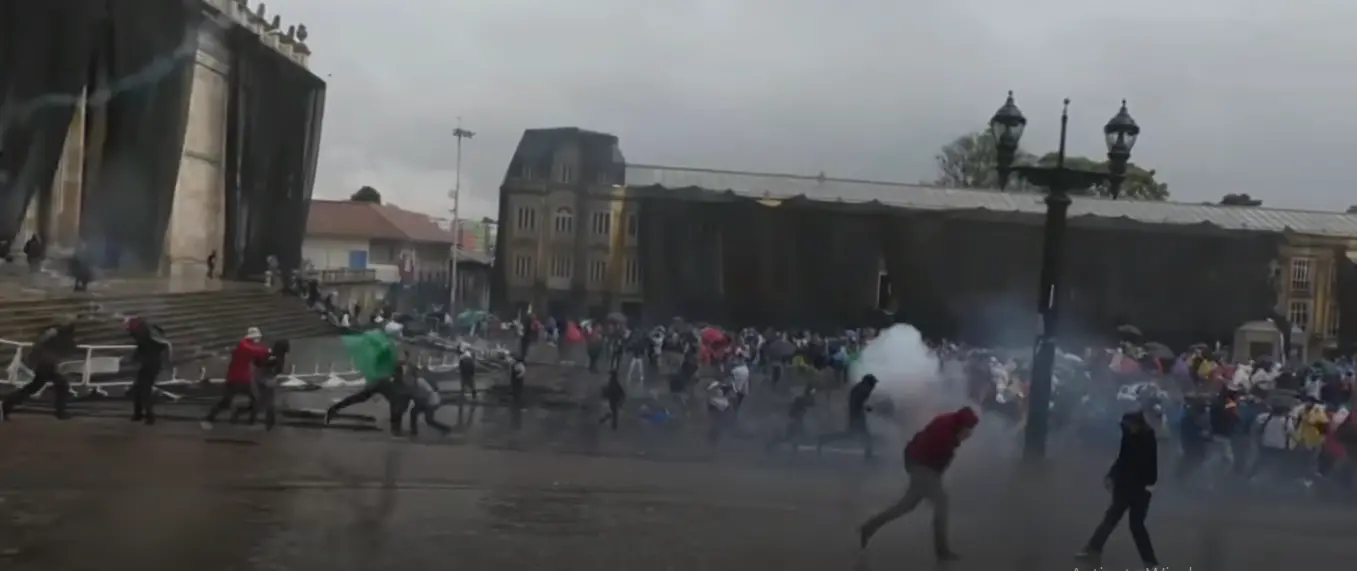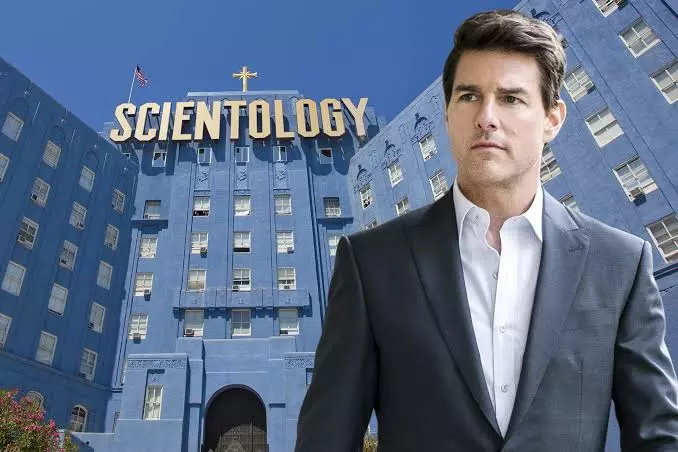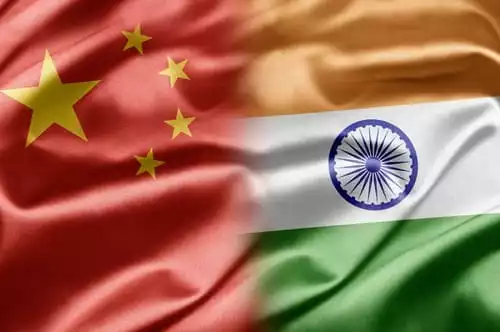On February 14, Indian authorities carried out a procedure at the headquarters of the British broadcaster BBC in New Delhi. The operation is part of a tax audit, however it came after the publication of a documentary in which the BBC gave a biased treatment of the 2002 religious clashes in Gujarat, western India. On a geopolitical level this and other events reveal how different governments move their pieces in the global chess game, in what could be strange two-handed moves.
Events in Gujarat
On February 27, 2002, 59 Hindu pilgrims died after the train in which they were traveling caught fire in the village of Godhra, Gujarat. The news spread, blaming a group of Muslims for the tragic incident, which immediately triggered an indiscriminate killing spree against them. At the time, the Gujarat region was ruled by the now Prime Minister, Narendra Modi. In the riots more than a thousand people died, mostly Muslims; mobs of radical Hindus attacked neighborhoods of Koranic faith, leaving in their wake hundreds of dead and wounded, women raped, mosques and homes destroyed.
The BBC documentary does not only recount the events; it also becomes judge and accuser by directly accusing Prime Minister Modi of being among those responsible for the Gujarat clashes. In 2002, complaints were filed in the courts against Modi for the alleged premeditated inaction of the authorities to prevent the violence. These accusations were never proven. On the other hand, the allegations, far from having a negative impact on Modi's political career, propelled him to successive victories both in Gujarat and at the national level, where he governs after two resounding absolute electoral majorities in 2014 and 2019.
Soros: tycoon and pawn
Regarding the operation at the BBC headquarters, Western governments did not make a frontal pronouncement but used billionaire George Soros to mark positions. During the Security Conference held in Munich, Germany, the tycoon declared "India is an interesting case; it is a democracy, but its leader, Narendra Modi, is not a democrat. Inciting violence against Muslims was a major factor in his meteoric rise. Modi maintains close relations with both open and closed societies. India is a member of the Quadruple Alliance, which includes Australia, the United States and Japan, but it buys a lot of Russian oil at deep discounts and makes a lot of money from it."
The response from India was not long in coming, on Saturday, February 18, India's Foreign Minister Subramaniam Jaishankar, at an event in Sydney, Australia denounced the billionaire Soros, describing him as a "rich, stubborn and dangerous old man", noting also that he is someone who still "believes that his opinions should determine how the whole world works".
Chancellor Jaishankar also denied that the raid on the BBC offices in India shows a tendency towards authoritarianism on the part of Prime Minister Modi's government. On the contrary, they are part of the legitimate right of a sovereign state to enforce the laws within its territorial space, from which no media network, no matter how powerful, is exempt. Jaishankar defended the position of the Indian State, describing the Indian government's detractors as "terror-mongers" and of adopting a "European-Atlantic vision" of democracy and not respecting the democratic choice of the Indian people.


Position from the West
British Prime Minister Rishi Sunak, a few hours after the operation at BBC New Delhi, did not mention the procedure but expressed his satisfaction with the "milestone" agreement between the French company Airbus and the British company Rolls-Royce on the supply of 250 aircraft to Air India, adding that he hoped that the Free Trade Agreement with India would soon be concluded. These statements by Indian-origin Sunak were echoed with satisfaction by French President Emmanuel Macron and, above all, U.S. President Joe Biden, completely ignoring the Modi-BBC affair. The interpretation of these reactions is the unmistakable sign that the relations between India and the West are apparently strengthened on the economic plane, are not being questioned, being the same of high utility for New Delhi in an economic-technological perspective and logically in the anti-China position from the Western governments.
Cognitive war against India
Since the beginning of the year 2023, India has been facing an escalation of a cognitive or perception war. On January 17 this year, the BBC aired the controversial documentary attacking Prime Minister Narendra Modi. A week later, on January 24, the US firm, Hindenburg Research, published a "malicious" report against the Indian conglomerate Adani Group which achieved its goal of wiping out more than Rs. 10 crores belonging to investors. It should be noted that Hindenburg Research is dedicated to conducting investigations into alleged irregularities in companies, being part of a perverse mechanism to affect and manipulate stocks on the stock exchanges. While the Indian markets were beginning to recover from the sudden shock suffered by Hindenburg, billionaire George Soros hinted at a possible relationship between the Modi government and the Adani group.
Soros vs. Modi
Going deeper into the Soros-Modi confrontation, it is noted that it is a long-standing one. In January 2020, the American billionaire pledged $1 billion to create a global university to "fight nationalists and climate change," calling them "twin challenges that threaten the survival of our civilization." When Soros refers to "nationalism" it is a direct attack on Modi, even accusing him at the World Economic Forum in Davos of "creating a Hindu nationalist state".
But the main objective of the tycoon Soros is to generate a "color revolution" in India, for which he has a complex ecosystem of Non-Governmental Organizations (NGOs) in full operation in the country, adding to it activists, journalists, and intellectuals who have tried to discredit Prime Minister Modi generating the opinion matrix that he is an "autocrat" who must be overthrown for the "good" of the country.
We know that the "defense of democracy", "human rights", "autocracy", "corruption", "free and democratic elections", are the mantras that prepare the ground for "popular" revolts, directed from the imperial centers. Evidently what is happening in India is not a coincidence and is rather part of a well-known script. The particularity of the case is the unveiling of the two-handed game, demonstrating that in Western geopolitics there are no friends, only circumstantial allies.
Yoselina Guevara López: social communicator, political analyst, columnist in different international media, whose work has been translated into English, Italian, Greek and Swedish. Winner of the Simón Bolívar 2022 National Journalism Award (Venezuela), special mention Opinion; Aníbal Nazoa 2021 National Journalism Award (Venezuela); I Historical Memory Contest Comandante Feliciano 2022 (El Salvador) Third place.
If you are a socialist, We need you now!✕
We are proudly biased towards Anti Capitalist, Anti Imperialist, Anti fascist! We believe we don’t need to mention you the importance of marxist magazine in this era! We are depending on our comrades only! Make an investment of $2.5/m in making a quality journal inclined to Marxism Leninism! Your one potential subscription helps us to maintain our global team! Subscribe and get access of all exclusive content available at the magazine section!
